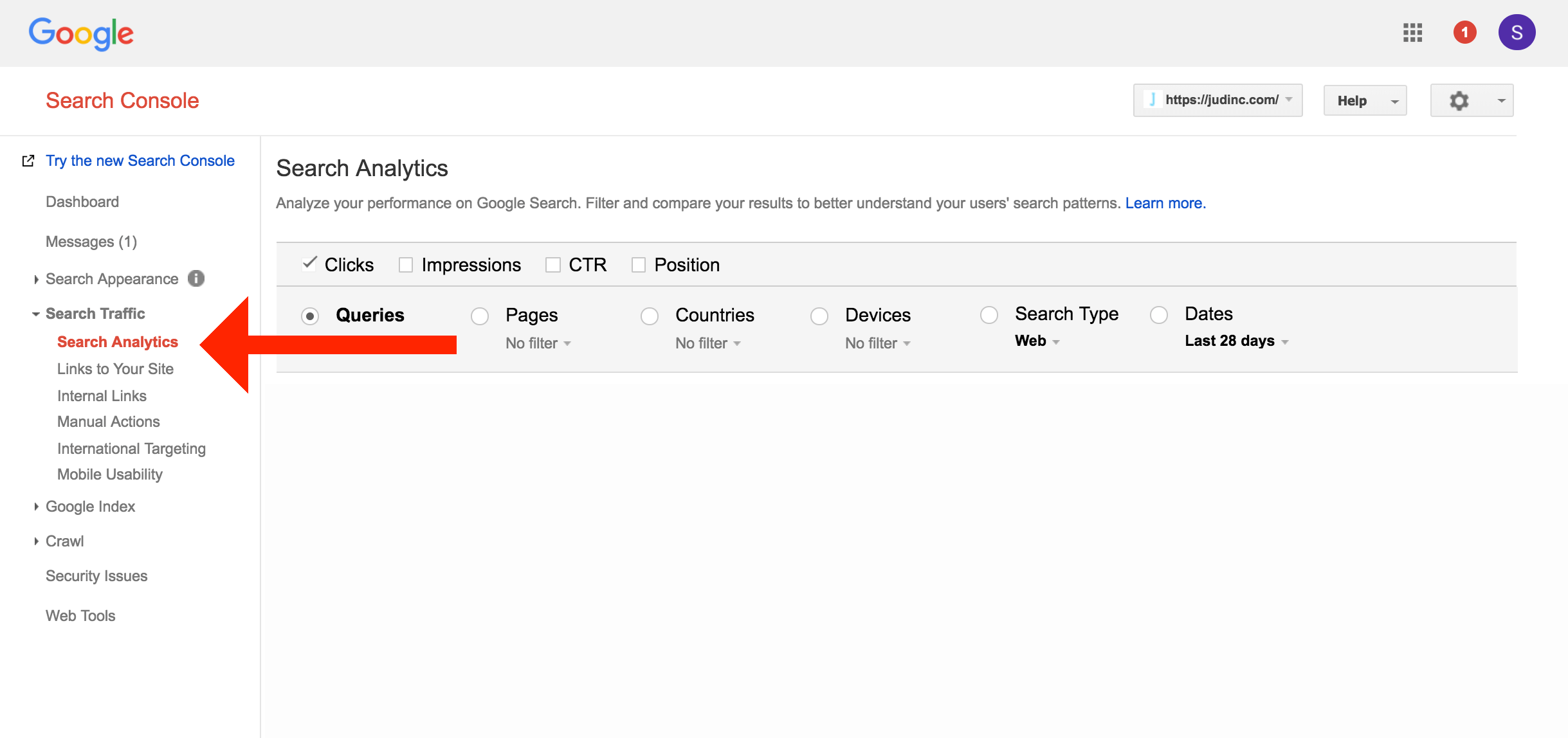Coming up with advertisement copy can be daunting.
And sometimes it’s best to let the pros help out.
If writing just isn’t your thing, that’s totally acceptable. That’s why outsourcing work exists :).
Judicious Inc. Can Help!
We’re a team of professional copywriters. We can help you with any or all of your copywriting needs. We can handle:
- Billboards
- Bus bench / stop ads
- Display ads
- Pay-per-click ads
- Print ads
Contact us using the form below, and we can get started with your campaign.
[contact-form-7 id=”195″ title=”Get In Touch”]
Here Are Some Tips To Writing Great Ads
If you want to put on your copywriting hat, then let’s go over a few tips on how to write the best ads.
1. Use Your Customers’ Language
The words that come out of your customers’ mouths are the golden ticket to great advertisement copy.
Simply because those are the words they use to think about the value your offer provides.
As people operating from inside a business, we have our narrow-minded perspective on how we think about our product and service offers. We also have specific language we use to communicate our products and services. And of course, our customers have their own way.
Our way stinks.
This is where jargon comes from. Or worse, industry acronyms. In a few instances, industry speak can be effective if you’re selling to a specific audience that talks your talk. But most often, it’s the worst way to go about it.
So how do you find out what words and language your customers use?
Well, there are a few ways to extract this language:
- Record conversations with your best customers. You can conduct customer interviews. The language used during those interviews are golden. It’s worth dedicating a few two weeks of time to do intensive customer interviews. Record these interviews while jotting down key terms that come out of their mouth.
- After the customer has paid, ask why they decided to do business with you. This is a critical moment and it can result in some amazing data. This technique works amazingly well after online transactions have been completed.
- Open-Answer Surveys. These are faster than doing customer interviews. We only recommend this option if doing customer interviews is impossible. Which is rarely the case. However, it’s important to collect open-form responses so you can actually see the language they use.
- On-site surveys. For websites that get a good amount of traffic, you’d be surprised how quickly you can collect your customers’ language with some pop-in surveys. We’re big fans of Qualaroo (our founder, Sean Work, helped build and market the original Qualaroo tool when it was called KISSinsights).
- Talk to your sales and support teams. Duh. These people are on the front lines. Better yet, they may have some language data stored in their CRMs or support tools that you can get a data dump of. Ask for it!
2. Test Your Ad Copy
Thanks to the internet, it’s easier than ever to test your advertisement copy.
The fastest way to do this is to run some pay-per-click campaigns. By creating different ad groups or sponsored posts, you can test slight variations in your ad headlines and supporting copy to see which variations have the highest click-through rate.
But you might even want to get smarter than that!
The highest click-throughs, don’t always mean that they will be the ads with the best return on investment. Many pay-per-click services allow you to track your visitor clicks all the way through to some sort of goal. The end of that goal can be recorded, which will allow you to know how effective your ad really was.
You can also test your website homepage copy. These test provided great insights on what messaging resonates the best with the people who are actually interested in what you have to offer.
3. Use Google Search Console
This is one of our favorite tricks.
Google Search Console provides a report that will tell you what search terms people are using to find your website. Again, this report is showing you your prospects exact language. Dig through that report and you’ll see some real gems!

Just login to Google Search Console and navigate to Search Traffic > Search Analytics and there should be a list of terms people have been typing into Google to find your website. Be sure to download the data to a spreadsheet. There’s more valuable info included in that download!
Now if you haven’t set up Google Search Console, you should. It’s the best info you’ll get when it comes to how Google “sees” your site. Anyone that’s serious about internet marketing, should be logging into GSC once a week. If you need help setting up your GSC account and pulling useful data out of it, be sure to contact us.

